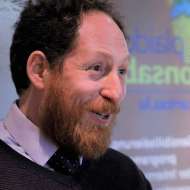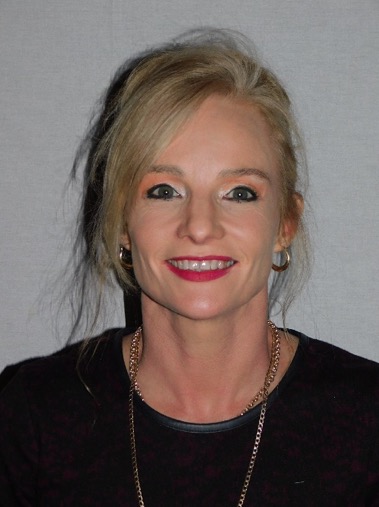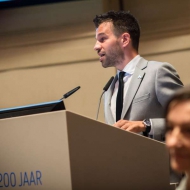The findings in a new GLO Discussion Paper suggest that policies supporting female higher education and rural-urban mobility could reduce persistent inequalities in Eswatini’s labor market outcomes
The Global Labor Organization (GLO) is an independent, non-partisan and non-governmental organization that functions as an international network and virtual platform to stimulate global research, debate and collaboration.

GLO Discussion Paper No. 834, 2021
Assessing gender gaps in employment and earnings in Africa: the case of Eswatini – Download PDF
by Brixiová Schwidrowski, Zuzana & Imai, Susumu & Kangoye, Thierry & Yameogo, Nadege Desiree
GLO Fellow Zuzana Brixiová Schwidrowskia
Author Abstract: Persistent gender gaps characterize labor markets in many African countries. Utilizing Eswatini’s first three labor market surveys (conducted in 2007, 2010, and 2013), this paper provides first systematic evidence on the country’s gender gaps in employment and earnings. We find that women have notably lower employment rates and earnings than men, even though the global financial crisis had a less negative impact on women than it had on men. Both unadjusted and unexplained gender earnings gaps are higher in self-employment than in wage employment. Tertiary education and urban location account for a large part of the gender earnings gap and mitigate high female propensity to self-employment. Our findings suggest that policies supporting female higher education and rural-urban mobility could reduce persistent inequalities in Eswatini’s labor market outcomes as well as in other middle-income countries in southern Africa.

GLO Discussion Papers are research and policy papers of the GLO Network which are widely circulated to encourage discussion. Provided in cooperation with EconStor, a service of the ZBW – Leibniz Information Centre for Economics, GLO Discussion Papers are among others listed in RePEc (see IDEAS, EconPapers). Complete list of all GLO DPs – downloadable for free.
Ends;














